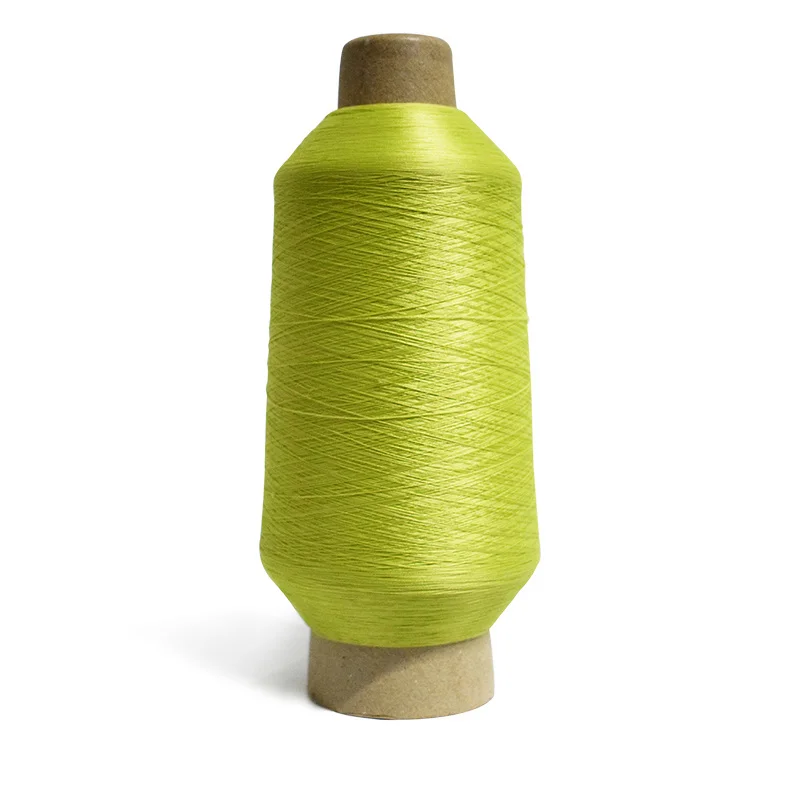Pima cotton has its origins in the Americas, specifically in Peru, where it was first cultivated by indigenous people over 2,000 years ago. This rich history gives it a unique place in the textile industry. The Peruvian coast, with its ideal growing conditions, continues to be a prime region for cultivating this premium cotton. The unique soil and climate of this region allow for the production of exceptional cotton quality that is prized globally.
The harvesting of Pima cotton involves hand-picking the cotton bolls, a labor-intensive process that ensures high fiber quality. Unlike machine harvesting used for many other cotton types, hand-picking preserves the integrity of the fiber, preventing damage that often results from mechanized methods. This meticulous technique contributes significantly to the luxurious softness and durability Pima cotton is renowned for, making it a staple in high-end fashion and textiles.
Pima cotton is known for its long-staple fibers, which can reach up to 2 inches in length. This length contributes to its luster, softness, and strength, making it ideal for high-quality textiles. When spun, these elongated fibers produce a finer yarn with fewer ends and tangles, resulting in smoother and more durable fabrics that are less prone to pilling.
Moreover, the superior fiber length of Pima cotton significantly enhances its durability. Clothes made from Pima cotton are less susceptible to wear and tear, fraying, and stretching, offering a longer life span—often 50% longer than those made from regular cotton. This longevity, combined with its supreme comfort, positions Pima cotton as a favored choice not only among textile manufacturers but also consumers seeking quality and sustainability in their apparel choices.
Pima cotton yarn is celebrated for its unparalleled softness, making it an ideal choice for luxurious items like upscale clothing, premium bedsheets, and plush towels. Its silky and smooth texture provides exceptional comfort and is often cited as a primary reason for consumer preference. Studies indeed show that customers consistently express higher satisfaction with Pima cotton products compared to alternatives, specifically highlighting the luxurious feel as a decisive factor in their purchasing decisions. This tactile satisfaction makes Pima cotton a staple in creating textiles that prioritize both aesthetics and comfort.
The durability of Pima cotton is one of its defining features. Thanks to its inherently strong fibers, fabrics crafted from Pima cotton withstand frequent washing and wear much better than their conventional cotton counterparts. According to various fabric durability tests, garments made from Pima cotton demonstrate significantly longer lifespans while retaining their original appearance and softness. This long-lasting nature not only enhances consumer satisfaction but also reduces replacement costs over time, making Pima cotton a wise investment for those seeking enduring quality in textiles.
The distinction between nylon yarn and Pima cotton essentially lies in the balance between strength and softness. Nylon yarn, renowned for its robust strength and elasticity, is often used in applications that demand durability. However, it pales in comparison to the softness that Pima cotton offers. This makes Pima cotton the superior choice for comfort wear such as luxury apparel and bedding. In scenarios where both materials are combined, such as in blended yarns containing Pima cotton and nylon, studies have shown enhanced consumer satisfaction. This combination leverages the comfort of Pima cotton while benefiting from the strength of nylon, achieving a superior product compared to pure nylon yarn alone.
Viscose yarn, known for its silk-like softness, offers a tactile experience similar to that of natural fibers; however, it cannot rival the durability of Pima cotton. As a result, textiles made from viscose tend to have a shorter lifespan than those crafted from Pima cotton. On the other hand, blended yarns that incorporate Pima cotton with synthetic fibers like acrylic or nylon can optimize the yarn’s attributes. For instance, these blends can enhance strength and elasticity while maintaining the esteemed softness of Pima cotton. Such combinations result in fabrics that are not only more durable but also soft and luxurious, as desired in various textile applications.
The Multicolour Elastic 70D/2 DTY Nylon Yarn is perfect for crafting dynamic and visually appealing textiles due to its vivid hues and multicolor effect. Its elasticity allows for versatility in garment design, particularly for activewear where durability and stretch are essential. This yarn ensures a comfortable, form-fitting finish and supports creative explorations in knitting or weaving projects.

100% Nylon 6 DTY Filament Yarn is prized for its excellent tensile strength, making it suitable for industrial applications where durability is critical. This yarn features a smooth texture and shiny appearance, which contributes to a high-quality look and feel in finished products. It is ideal for creating strong, long-lasting fabrics that maintain their appearance over time.
.jpg)
Dyed Nylon DTY Yarn is known for offering vibrant colors that are frequently applied in fashion items and home textiles, allowing a broad range of design possibilities. The yarn is available for wholesale, ensuring cost-effectiveness for manufacturers aiming to produce high-quality textile products. Its smooth texture, elasticity, and colorful options make it ideal for knitting a variety of lively garments and decorative pieces.
.jpg)
To maintain the quality of Pima cotton fabrics, it is recommended to wash them in cold water and air dry them to prevent shrinkage and color fading. Because Pima cotton is delicate, using hot water or a dryer can lead to significant wear over time. Employing a mild detergent enhances the fabric's longevity while preserving its luxurious feel. Avoid bleach or harsh chemicals, as they can damage the fabric fibers and diminish its luster.
Regular care and proper washing techniques are essential in preserving the softness of Pima cotton fabrics, ensuring they remain comfortable over time. Avoiding fabric softeners and harsh chemicals is advised, as these can degrade the fibers, reducing the intrinsic softness. Instead, opt for natural alternatives like white vinegar during the rinse cycle, which can help retain the fabric's plush feel without causing harm. Through careful maintenance, the luxurious touch of Pima cotton can be enjoyed for many years.